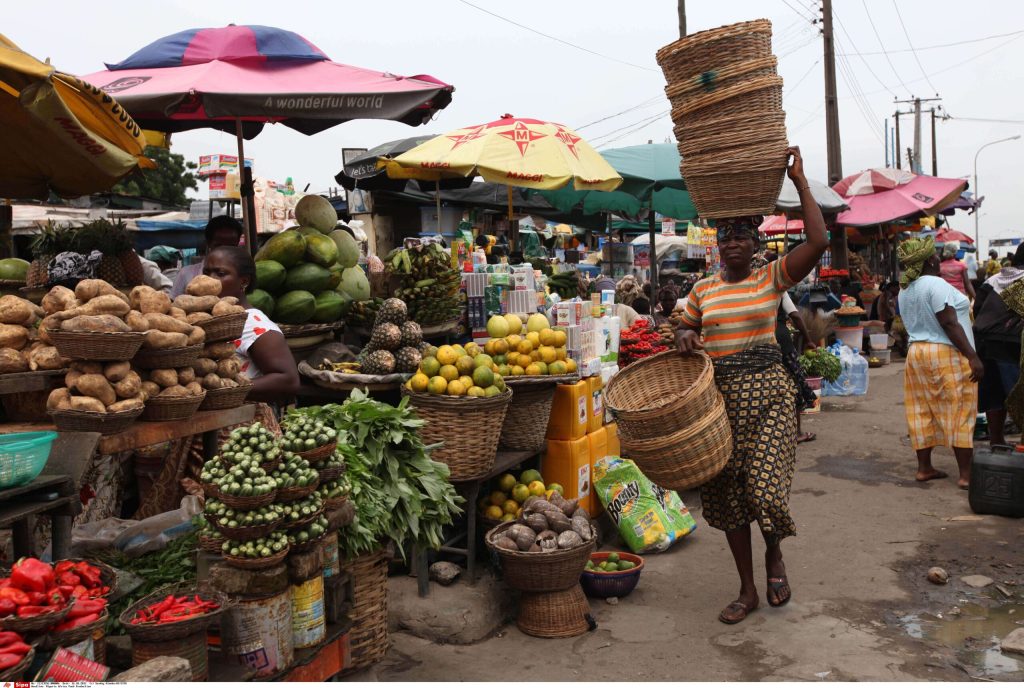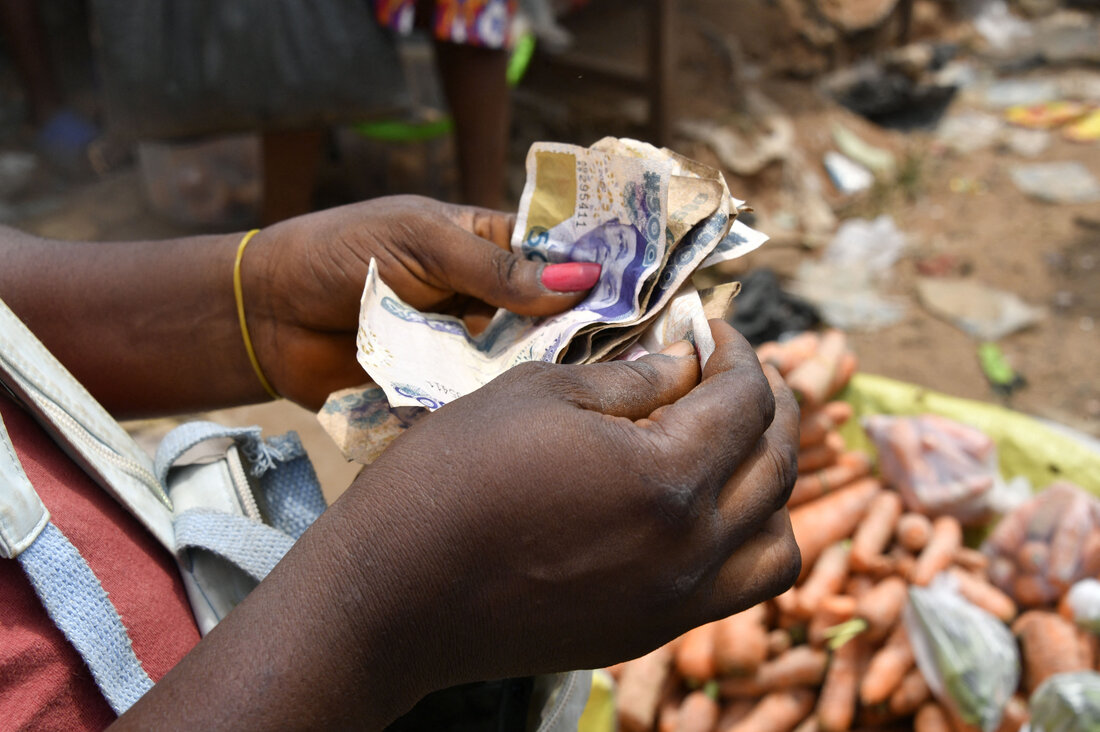Nigeria, a resource-rich country beset by economic difficulties, is battling a steady increase in inflation. The Naira’s purchasing power has been diminished by this economic affliction, making it more and more difficult for average Nigerians to afford necessities.
The persistent rise in the cost of goods and services, known as inflation, has far-reaching effects. It depletes savings, stokes social unrest, and impedes economic expansion. In Nigeria, where many people live on the fringes and struggle to make ends meet, the effects of inflation are especially severe.
Many Nigerians are at their wits’ end due to the unrelenting increase in the cost of basic products and services, which forces them to choose between their basic needs.
The spike in inflation has been caused by a number of factors: Inflation can be greatly impacted by the monetary policy decisions made by the Central Bank of Nigeria, including changes to interest rates and control of the money supply.
Price increases are the result of excessive money supply expansion that has increased demand. Imported items are now more expensive due to the weak naira. Issues with the global supply chain have made inflationary pressures worse. Transportation and agricultural output have been hampered by insecurity in some areas. Inflation may result from increased government spending if it is not properly controlled.
Inflation has a profound effect on Nigerians. Many people find it difficult to pay for needs like shelter, food, and medical care. As growing expenses reduce profit margins, small firms are also suffering.

The Nigerian government and Central Bank must act decisively to fight inflation. Among these are raising interest rates to deter borrowing and spending, cutting back on government expenditures and putting more emphasis on generating income, putting policies in place to stabilise the naira, increasing agricultural output, enhancing infrastructure, removing bureaucratic roadblocks, and giving specific assistance to those who are most in need.
Nigeria may lessen the effects of inflation and build a more secure and thriving economy by implementing these measures.


 Trending
Trending 